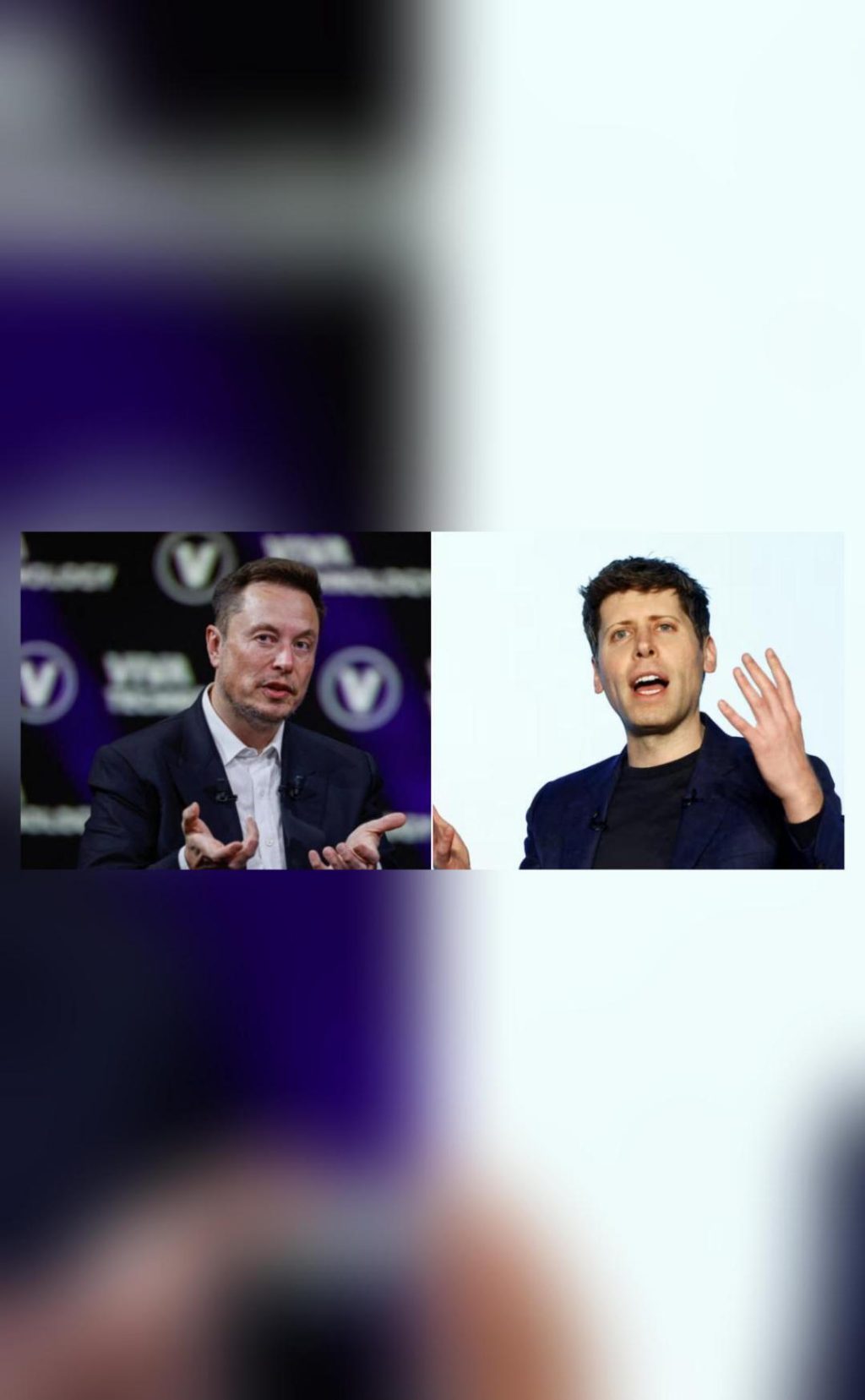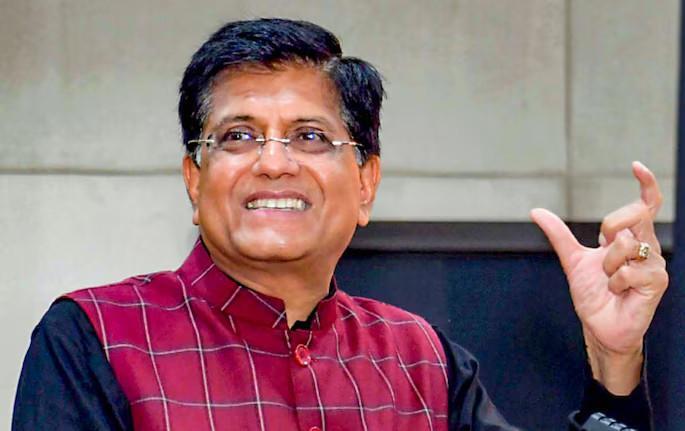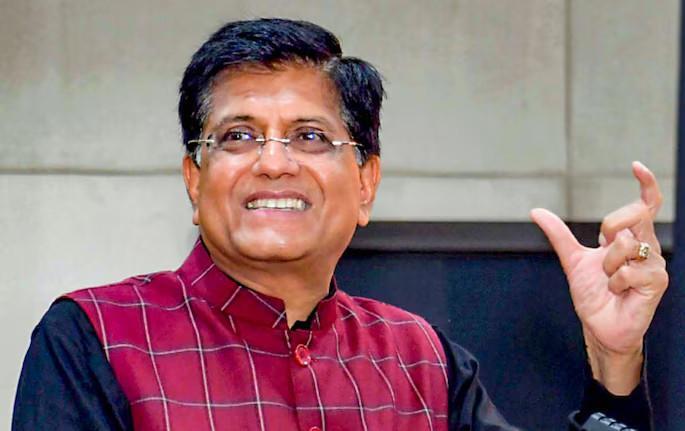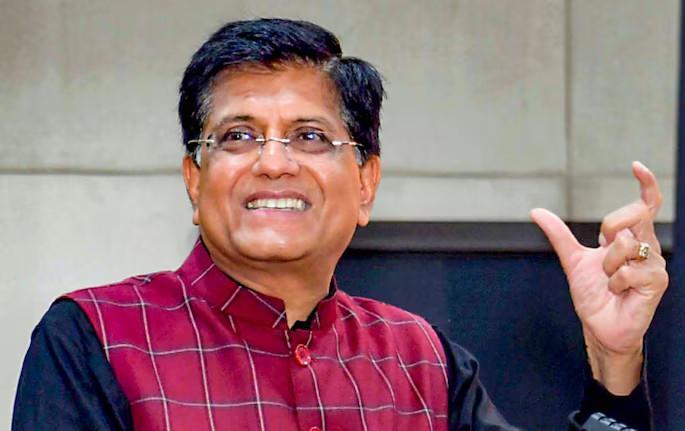
OpenAI & Elon Musk Agree to Fast-Track Trial Over For-Profit Model
In a shocking turn of events, OpenAI and Elon Musk have agreed to fast-track a trial regarding OpenAI’s transition to a for-profit model, according to a recent court filing. This development comes after a court earlier denied Musk’s request to pause OpenAI’s transition to the model.
Last year, Musk sued OpenAI and its CEO Sam Altman, accusing the company of straying from its original goal of creating AI for humanity’s benefit. Musk, who is also the CEO of Neuralink and Tesla, has long been a vocal advocate for the responsible development of artificial intelligence (AI).
The lawsuit stems from OpenAI’s decision to move away from its non-profit model and transition to a for-profit entity. Musk claims that this shift is a betrayal of the company’s original mission and will prioritize profits over the well-being of humanity.
According to the court filing, OpenAI and Musk have agreed to expedite the trial process, which is expected to begin in the coming months. The fast-tracked trial will enable the two parties to resolve their differences more quickly and efficiently.
The dispute between OpenAI and Musk has been ongoing for several months, with both sides trading barbs and accusations in the media. Musk has claimed that OpenAI’s transition to a for-profit model will lead to the development of AI that is biased towards corporate interests, rather than the greater good.
OpenAI, on the other hand, has argued that its new business model will enable the company to expand its capabilities and make AI more accessible to a wider range of users. The company has also emphasized its commitment to transparency and accountability, stating that it will work to ensure that its AI systems are developed and deployed in a responsible and ethical manner.
The controversy surrounding OpenAI’s transition to a for-profit model has raised important questions about the role of AI in society and the need for greater transparency and accountability in the development and deployment of AI systems.
As the trial approaches, it remains to be seen how the dispute between OpenAI and Musk will be resolved. One thing is certain, however: the outcome of this trial will have significant implications for the future of AI and the role that companies like OpenAI will play in shaping its development.
Background on the Dispute
For those who may be unfamiliar with the dispute between OpenAI and Musk, it’s worth taking a step back to understand the context.
OpenAI is a non-profit artificial intelligence research organization that was founded in 2015 with the goal of creating AI that is beneficial to humanity. The company has made significant progress in recent years, developing a range of AI systems that are capable of performing tasks such as language translation, image recognition, and even creating art.
Musk, who has long been a vocal advocate for the responsible development of AI, has been a member of OpenAI’s board of directors since its inception. However, in recent years, he has become increasingly critical of the company’s direction, arguing that it is straying from its original mission and prioritizing profits over the well-being of humanity.
Last year, Musk sued OpenAI and its CEO Sam Altman, accusing the company of violating its non-profit status and prioritizing profits over its original mission. The lawsuit sought to pause OpenAI’s transition to a for-profit model and to have the company’s board of directors reconstituted to ensure that it was better aligned with its original mission.
The Implications of the Trial
The outcome of the trial between OpenAI and Musk will have significant implications for the future of AI and the role that companies like OpenAI will play in shaping its development.
If OpenAI is allowed to transition to a for-profit model, it could pave the way for other AI research organizations to follow suit. This could lead to the development of AI systems that are prioritized towards corporate interests, rather than the greater good.
On the other hand, if the trial results in OpenAI being forced to remain a non-profit organization, it could ensure that the company continues to prioritize its original mission of creating AI that is beneficial to humanity.
The trial will also raise important questions about the role of AI in society and the need for greater transparency and accountability in the development and deployment of AI systems. As AI becomes increasingly integrated into our daily lives, it is essential that we have a clear understanding of how it is being developed and deployed, and that we hold companies and organizations accountable for their actions.
Conclusion
The dispute between OpenAI and Musk is a complex and contentious one, with significant implications for the future of AI and the role that companies like OpenAI will play in shaping its development.
As the trial approaches, it will be essential to stay informed and engaged with the latest developments. Whether you are a technologist, a business leader, or simply a concerned citizen, it is essential that we all have a voice in the conversation about the future of AI.
Source:





